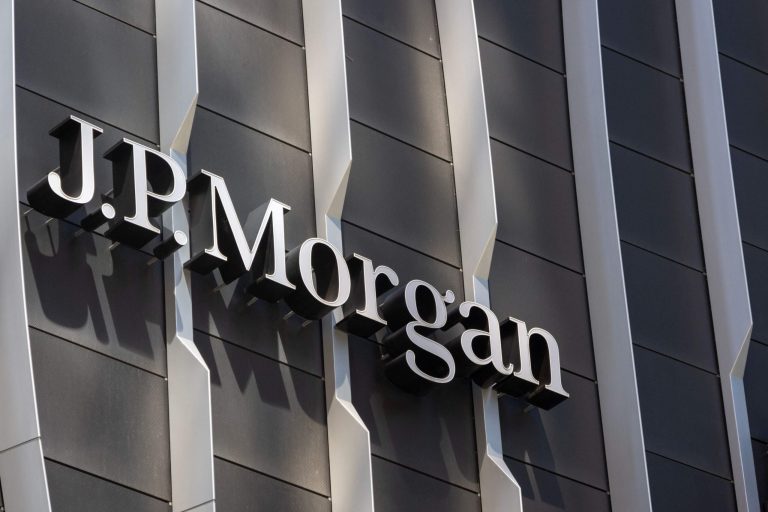
The Downfall of Albania’s Notorious Cocaine Cartel
In a landmark move against international organized crime, Albanian authorities have dismantled one of the most feared cocaine cartels in Europe. Known as the Cela-Çopja clan, this gang was responsible for smuggling billions of pounds worth of cocaine from Latin America into European markets. The operation culminated in the arrests of the cartel’s leaders, Franc Çopja, 33, and Ervis Cela, 41, as well as their deputies. Additionally, millions of euros worth of assets were seized, including luxury properties and resorts.
A Widespread Network with Global Impact
The Cela-Çopja gang orchestrated a sophisticated network that spanned continents. From sourcing cocaine in Paraguay to its distribution across Europe, the cartel wielded the capacity to influence market prices for the drug. According to prosecutors Altin Dumani and Vladimir Mara, this criminal organization controlled the entire trade chain, including laundering illicit profits through luxury real estate investments in Albania and beyond.
To transfer wealth acquired from cocaine sales, they adopted an informal banking system called “hawala,” which involved transferring funds through international bus drivers and other low-profile alternatives.
Massive Seizures in Europe
European authorities, with intelligence gathered from Sky ECC—a now-defunct encrypted communication network—were able to intercept large shipments of cocaine. Key seizures include:
- 11.6 tons of cocaine worth £1.3 billion in Antwerp, November 2020.
- 16.4 tons of cocaine—valued at £3 billion—hidden in wall filler tins in Hamburg, February 2021.
The cartel had aimed to traffic 28 tons of cocaine between 2020 and 2021 alone. Investigations highlighted the gang’s innovative smuggling techniques, such as hiding drugs in soap crates and paint cans, and using encrypted messages to coordinate logistics.
Lavish Lifestyle Funded by Crime
The profits from this extensive drug trade were funneled into high-end developments, including the luxury ‘Ajman Park’ resort in Shijak, near Tirana. Investigators seized 14 assets associated with the cartel, estimated to be worth several million euros. Franc Çopja was arrested in Belgium at his million-dollar Dubai villa, exemplifying the clan’s opulent lifestyle.
Remarkably, encrypted communication from December 2020 revealed plans by the ringleaders to hoard money underground or convert it into gold bullion. However, disrupted operations and arrests made such plans obsolete.
Major Arrests and Legal Proceedings
After evading authorities for over a decade, Ervis Cela, who was also implicated in a grisly murder case in Italy, was arrested in the Albanian village of Qeparo. Meanwhile, Franc Çopja, described as the logistical mastermind behind the cartel, faced extradition and a trial for murder following his arrest in Dubai.
Both men face multiple charges, including drug trafficking, money laundering, and murder. Cela’s convictions also include crimes involving explosives, kidnapping, and obstruction of justice. As Europol continues to analyze encrypted communications from the defunct Sky ECC servers, authorities anticipate further arrests and uncovering of related crimes.
The Legacy of the Crackdown
The fall of the Cela-Çopja cartel signifies a major victory for international law enforcement against organized crime. With their powerful empire dismantled and assets confiscated, authorities continue to disrupt Europe’s cocaine supply chain. Yet, the rising demand for the drug—highlighted by a 7% consumption increase in the UK alone between 2023 and 2024—indicates further work is needed to combat similar criminal networks.
Luxury developments like the seized ‘Ajman Park’ resort serve as a stark reminder of how illicit operations can permeate legitimate industries. Interested in Albanian travel destinations? Check out Booking.com for high-end, criminal-free accommodations in the region.






